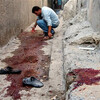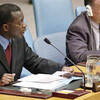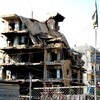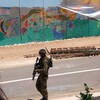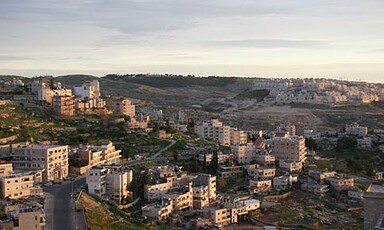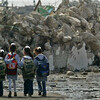
More than 1 million Palestinian children return to school
2 September 2005
More than one-million children returned to school today after a summer break which saw many developments affecting children in both West Bank and Gaza Strip. This is a very important day for the children, for the parents, for the teaching staff and for the Ministry of Education and Higher Education (MoEHE). All have done remarkable work keeping schools open and functioning during difficult times. Many students in the occupied Palestinian territories go to school under very challenging circumstances. To help address these issues UNICEF this year is supporting the Ministry of Education in a wide range of issues - from improving the quality of education to providing essential learning supplies, and supporting teacher training. Read more about More than 1 million Palestinian children return to school
